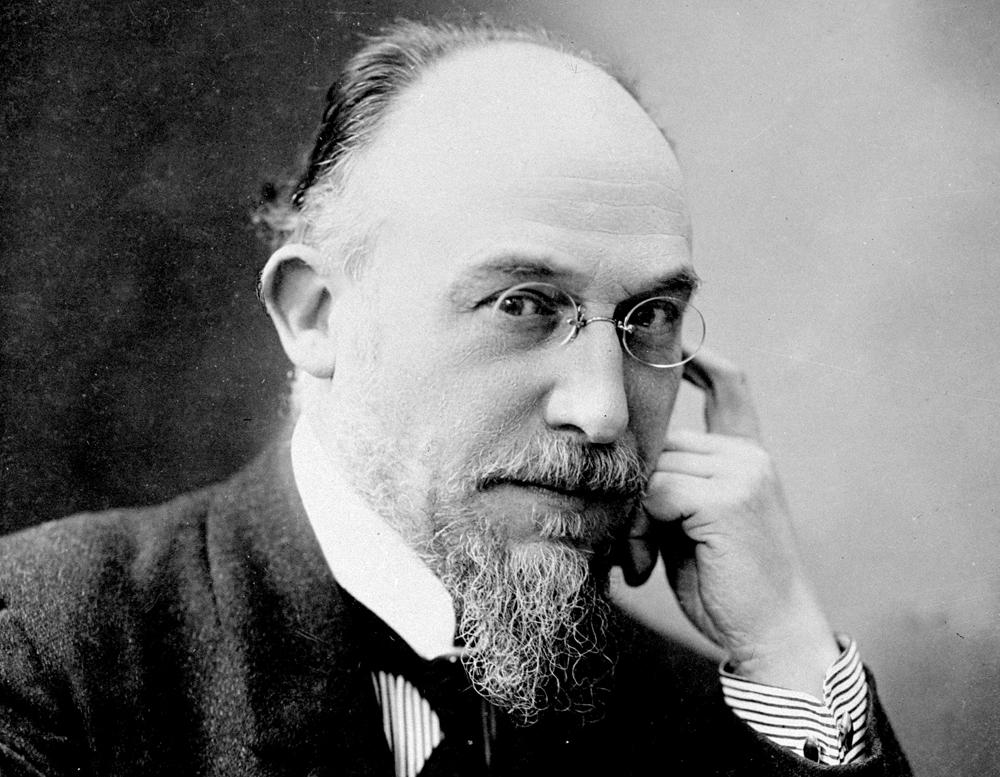


French composer and pianist who was barely known at the time of his death, beyond the limits of Paris. He later became known through his three pieces "Gymnopedies" (1888). He is recognised today as the founder of modernism in music, which strongly influenced the direction of 20th-century French music. However, his "eccentric" music ideas were not appreciated until a few years before his death.
As a child, Satie showed an interest in music and began taking piano lessons from a local church organist named Vinot but while he progressed during this period, he did not show any exceptional talent. In 1879, he enrolled in the Paris Conservatory but was expelled after 2.5 years for being a lazy student whose compositions were uninspiring. His novel music ideas for a simpler classical music were not appreciated by his teachers at the Conservatory. He then joined the military but he found the life there unbearable and started searching for reasons to be dismissed from the army. He deliberately caught severe bronchitis by moving about bare-chested in the cold winter air and after a period he was discharged from the military. Following the military, he started a bohemian life and became associated with a number of religious and philosophical organisations, also beginning his career as a pianist and continuing to compose (writing most of his pieces in cafés).
His belief as to the way classical music should be used was coined in the term "furniture music", meaning pieces that could be played as part of our everyday life without any need to concentrate on them. His idea was that of "New Simplicity", meaning repetitive and steady rhythms, reminiscent of ancient cult dances. As biographer Rovi Staff says, "his melodies are melancholic and hesitant, his moods exotic or humorous, and his compositions as a whole, or their several constituent episodes, short".
He became famous at the age of 45, when Maurice Ravel and his good friend Claude Debussy played his works. His music being simple and clear, it influenced other contemporary artists such as Francis Poulenc, Maurice Ravel and Claude Debussy. He helped create the famous group of French composers "Les Six" which was inspired by his artistic ideal of simplicity in the extreme and was against the heavy German romanticism of Richard Wagner and Richard Strauss.